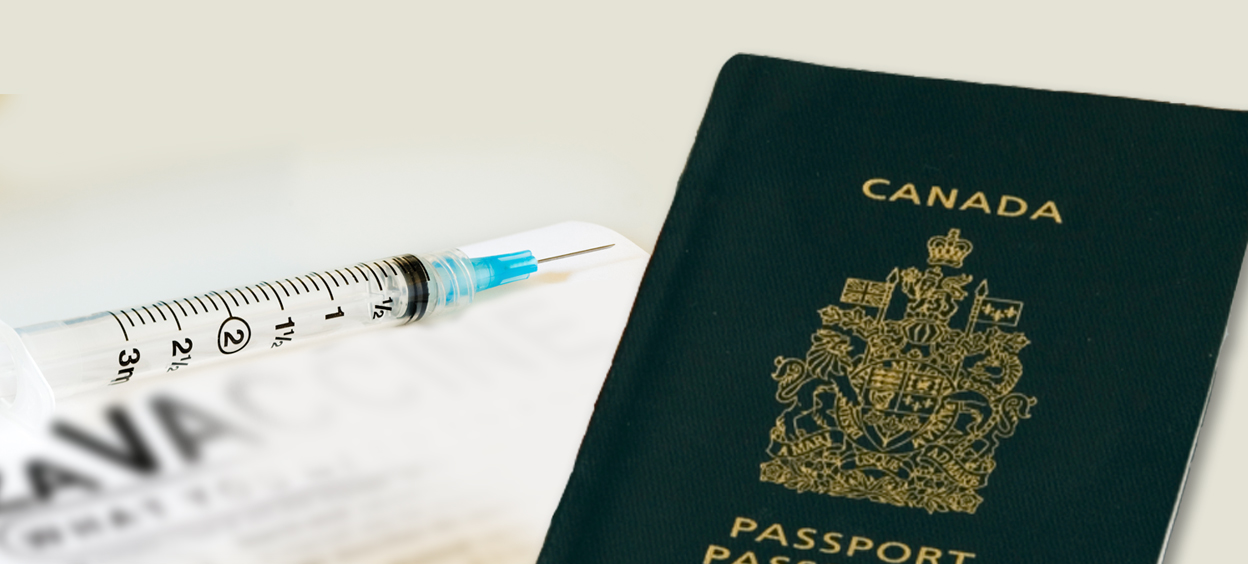Travel vaccinations: Not just for off-the-beaten-path travel

Vacations are the stuff of daydreams. In fact, it’s easy to get caught up in the daydreaming and forget about practicalities when getting ready to go.
It’s understandable if you assume you only need vaccinations for travel to remote or exotic locations. But you might be surprised. Thousands of Canadians travel to Cuba and Mexico each year. How many remember to talk to their doctor in advance about vaccinations? How many even know they should?
Take a look at this map from World Health Organization. You’ll see why some vaccines make sense for travellers worldwide.
5 steps to make sure you’re covered
- No matter where you’re travelling, check the websites for Canada’s Public Health Agency (PHAC) and the U.S. Centers for Disease Control and Prevention (CDC). Both have alert sections and health information searchable by country. You may not think it’s necessary for your destination, but even a mumps advisory is worth checking against your vaccination records.
- Check with the consulate or embassy of your destination country to confirm if they have any vaccination/proof of vaccination requirements, or any other information.
- Talk to your doctor about your destination and review your immunization records as soon as possible. Plan on getting vaccinations or booster shots at least six weeks before travel. Your doctor may be able to administer the vaccines, but not have them on hand. Even through a travel vaccination clinic, you may need several weeks’ notice.
- Plan to take immunization records with you. Some countries may actually require you to show proof of immunization. In fact, even countries where yellow fever is not a risk may require proof of immunization if you are entering from or connected through a country that has yellow fever alerts.
- Pack insect repellent. Mosquitoes aren’t just a nuisance. They can also be carriers of disease, some of which have no vaccines.
Is your destination a hot-spot?
India, Asia, Africa and South America are becoming hot destinations for travel. Cuba and Mexico have been popular with Canadians for years. You may not have considered getting vaccinations for these destinations, but they are advised by both PHAC and CDC. This quick reference table (PDF) shows you the vaccines you and your doctor should discuss, but be sure to visit PHAC and CDC websites for the most up-to-date information at your time of travel.
Thanks to the vast databases of information provided by PHAC and CDC, it only takes a moment to search the health risks for your area of travel. A little advance preparation can help you bring back only great travel memories, not illnesses, from your vacation.
